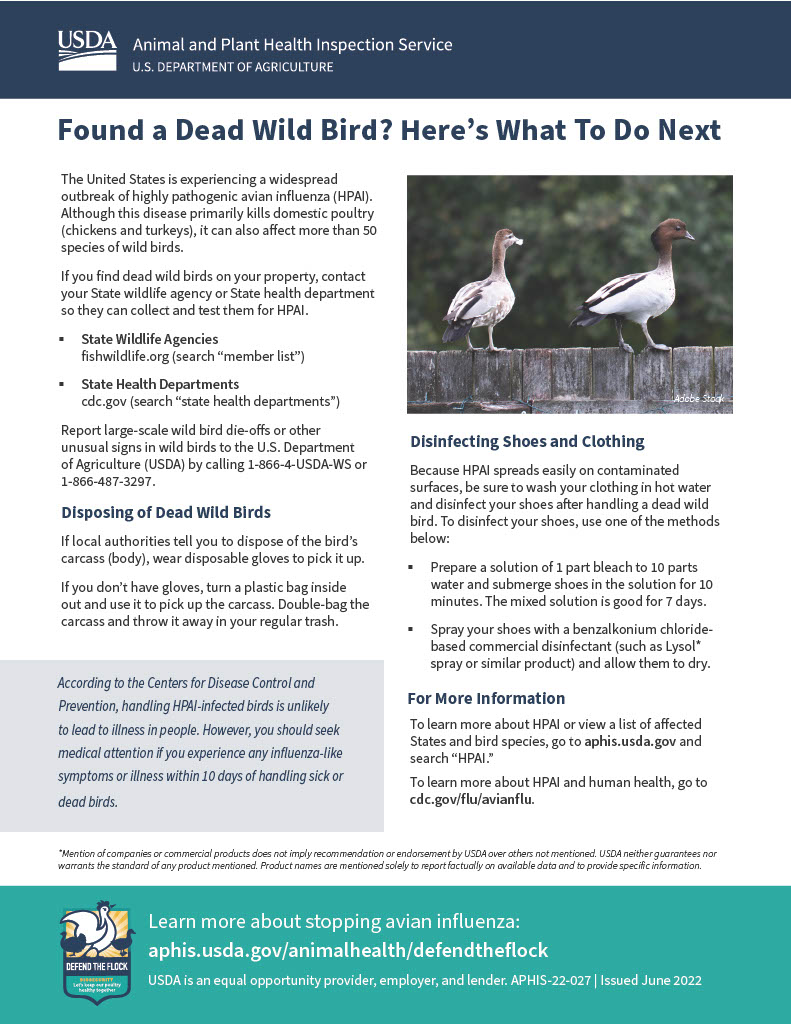Alzheimer’s disease is a growing public health crisis in Maryland. The impact of Alzheimer’s is projected to rise, and the most recent data show:
Source: Alzheimer’s Association

Risk factors that can be changed:
Risk factors that cannot be changed:
For many patients and families, there may be misconceptions that the cognitive or behavioral symptoms of dementia are just a normal part of aging. Stigma, shame, and concealing symptoms for fear of others “finding out” are significant barriers to seeking and obtaining a dementia diagnosis. Despite the barriers, there are many benefits to an early diagnosis, such as:
More time to educate patients and families about dementia and dementia care,
Cognitive health screening is an important part of routine medical care, and anyone who is concerned about their cognitive health or experiencing the 10 Warning Signs below should talk to their healthcare provider about completing a cognitive assessment. Medicare participants may receive a cognitive assessment during their Annual Wellness Visit. For more information, please visit
https://www.medicare.gov/coverage/cognitive-assessment-care-plan-services.
Source: Maryland Department of Health
